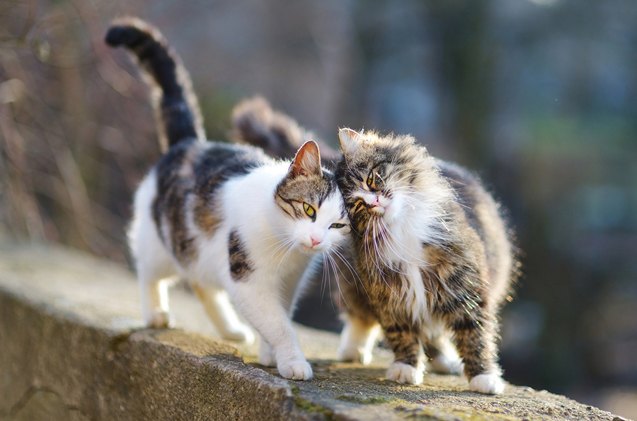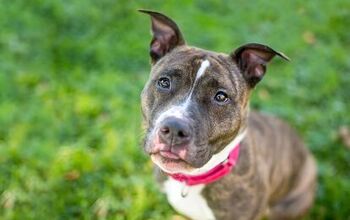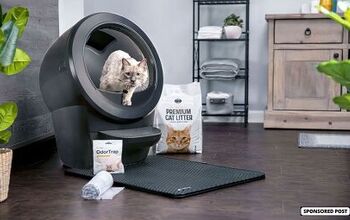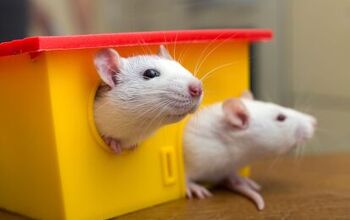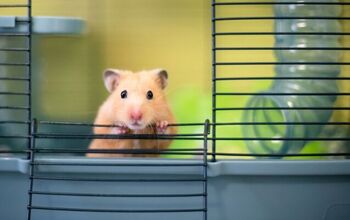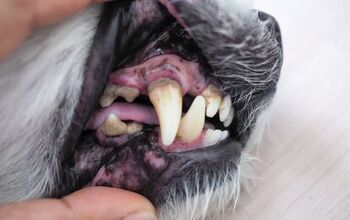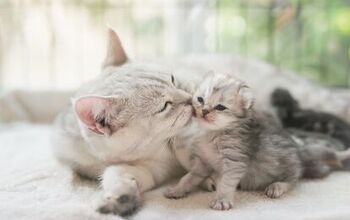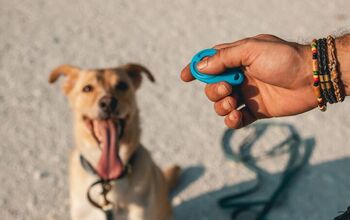ASPCA Partners With Maddie’s Fund to Support the “Million Cat Chal

Their mission is simple; save the lives of one million cats within the next five years. Simple? Let’s provide some context as to how massive a goal we’re talking about. If you added up every single resident living in Washington, DC and every single resident living in Pittsburgh, Pennsylvania, you still wouldn’t have one million. That’s how big a goal this is!
But the American Society for the Prevention of Cruelty to Animals ( ASPCA) is undaunted and together with Maddie’s Fund, the UC Davis Koret Shelter Medicine Program, and Maddie’s Shelter Medicine Program at the University of Florida they are undertaking the Million Cat Challenge (The Challenge) to help animal shelters throughout North America save the lives of just a fraction of the felines that are delivered to their doorsteps each year.
Related: What are the Most Commonly Overlooked Cats at Shelters?
The Challenge was originally launched in 2014 with help from Maddie’s Fund, a national foundation established by Dave and Cheryl Duffield to revolutionize the status and well-being of companion animals. To date, more than 1,100 shelters in the U.S. and Canada have signed up for The Challenge and collectively have saved more than 750,000 feline lives.
The campaign focuses on five key initiatives and while organizers acknowledge that not every initiative will make sense for every shelter, it won’t preclude those interested in participating in the challenge.
- Alternatives to Intake: Provide positive alternatives to keep cats in the home or community when admission to a shelter is not the best choice.
- Managed Admission: Schedule intake of cats to match the shelter’s ability to assure humane care and safe movement through the shelter system to an appropriate outcome for every cat.
- Capacity for Care: Match the number of cats cared for at any one time with the capacity required to assure the Five Freedoms of Animal Welfare for all cats in the shelter.
- Removing Barriers to Adoption: Expand the pool of adopters by removing barriers to adoption such as cost, process, or location.
- Return to Field: Sterilize, vaccinate, and return healthy un-owned shelter cats to the location of origin as an alternative to euthanasia.
Related: The Cat Question – To Microchip or Not To Microchip
To track results, baseline data will be gathered on the number of felines brought into the shelters, the number euthanized and the number saved through adoption or return to field. This information will be updated annually with the ultimate one million mark being based on an overall reduction in euthanasia and increase in lives saved by the participating shelters.
The “lift” that will come from bringing in the ASPCA is tremendous according to the Challenge co-founder Dr. Julie Levy of Maddie’s Shelter Medicine Program in Florida. “Bringing the power of the ASPCA on board will accelerate the momentum that’s driving transformational change on behalf of shelter cats. This is an unprecedented collaboration to turn shelters into the safe havens for cats that they always wanted to be.”
Learn more about it at the Million Cat Challenge’s website.

Sharing space with three seriously judgy Schnoodles and a feline who prefers to be left alone. #LivingMyBestLife
More by Mary Simpson



